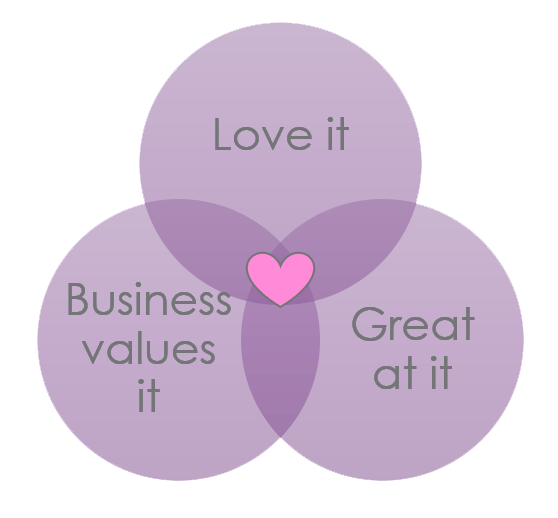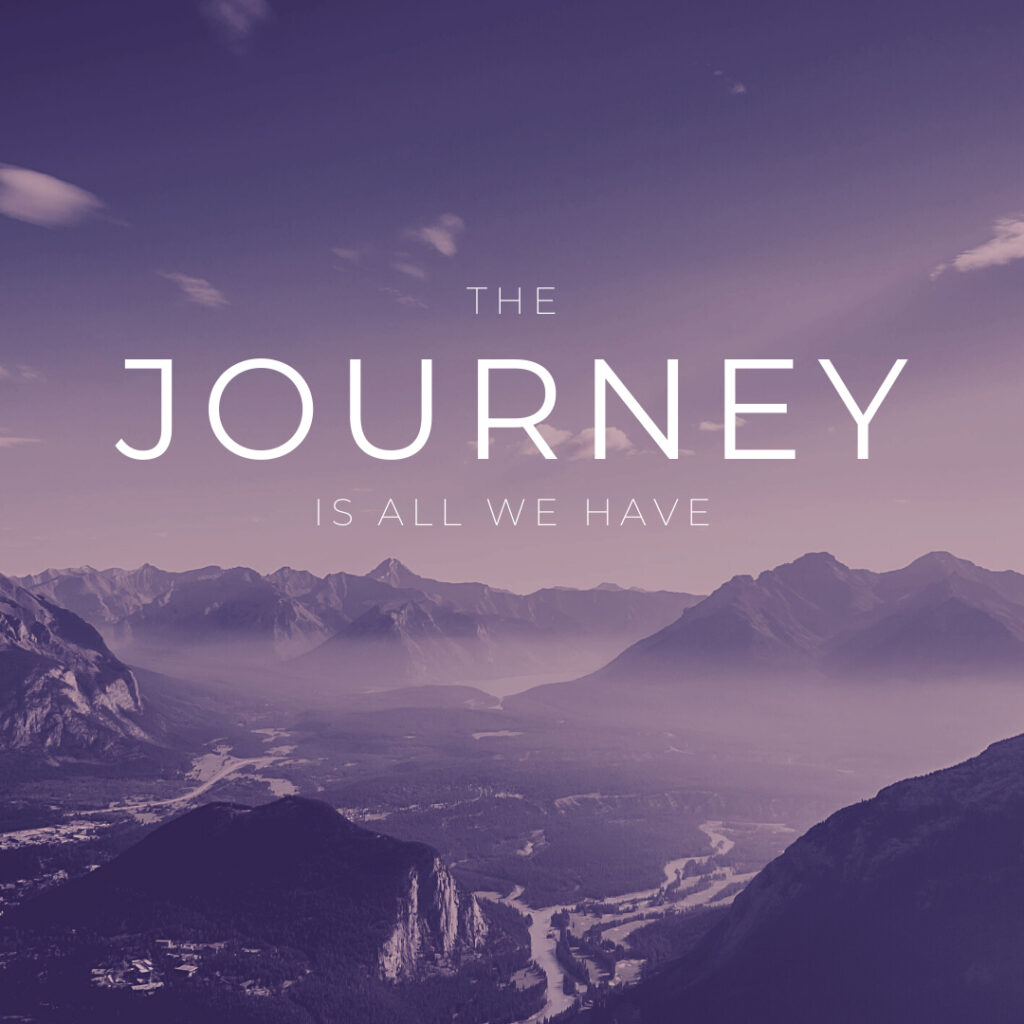It was a Wednesday in the middle of May, and I was having a tough day. I was coaching brilliant CEO’s, leading workshop sessions with life-changing content and experiences, and meeting with the most dedicated team I’ve ever had. Sounds rough, right?
Well – it was. And here’s why. I was also on day 52 of working without taking a day off. And before that last day off, it was probably a similar stretch. You’re probably thinking: “Been there!” Or maybe you’re even thinking: “Only 52 huh? Weak…”
Maybe you’re proudly wearing your workaholism, busy-ness and exhaustion like it’s a status symbol. I know I’ve been guilty of doing that.
I was raised in a society where my self-concept was built around my accomplishments and what I got done. I think it was middle school when I stopped “playing” with friends. The idea of calling up a friend’s landline and asking if they could come over and play started to feel absurd, given the amount of homework I had. Then layer in the extra-curricular activities. For me it was band (yep, former band geek here) and theater (my long-lost passion). By freshman year of high school, I would start my days by arriving to the campus at 6:15 am for marching band practice, then change clothes and actively engage in 6-7 hours of classes, then change clothes again and head to tennis practice, arriving home to shower and have dinner, and then begin my homework around 7 pm. Stay up too late, go to sleep, then rinse and repeat. Oh yeah, and if there was an honors version of a class, you can bet I was in it. Private lessons to become an even better oboe player? Yep. Especially if meant I got to move from second chair to first chair.
Of course, this trend continued throughout college and grad school, and I began working full time at NASA while I was still completing my PhD – taking classes, teaching classes, and doing my dissertation. Even at NASA, I actually created the bulk of the work I did for myself. I was the one pitching projects, marketing my services internally to the leaders at Kennedy Space Center, and volunteering to join any initiative where I felt I could add value.
And then once school was finished, I started Gallaher Edge as a side business while still working full time at NASA. I also kept it running while I worked full time at Disney. And then when I left Disney, I repeatedly created situations for myself where I was drowning in work. And truthfully – it felt good. It was a sign for myself that I was a good businesswoman that I was able to book so much business. But when I would hit these milestones and achieve these moments of success, I rarely celebrated. And if I did, it was usually extremely brief because I was right on to the next thing. There were periods in the first few years where I was literally in my office working past midnight multiple times per week.
Jeez.

People who know me know that I absolutely love the topic of self-acceptance because it is so misunderstood, and when you do come to understand it, you see that it is genuinely the thing that makes everything in your life easier. I became hyper focused on the concept of recognizing that I am enough, right now, exactly as I am. I don’t need the hustle to prove my worth, and I was going to stop thinking some external milestone (“destination”) would be the thing that would help me change. It’s all about the journey. If I’m not enjoying the journey, then something has got to change.
Which brings me back to this day in mid-May. I was doing all the things that I loved, and I was not enjoying the journey. In that moment, it stopped mattering to me that I was “successful” – because what does “success” mean anyway? Am I “successful” when I am paid to do work I love with amazing people and a dedicated team supporting me along the way – but I’m too damn exhausted to feel the joy? I’m gonna go ahead and say “no” on that one.
I knew something had to change.
But this idea of enjoying the journey and not over-committing myself was not new. I’d been talking about it for years. And – I’ll take credit for the times when I did genuinely bring myself back into alignment with my joy – because I have done it many times. But here we were, my team and I, once again, work overflowing and everybody on my team struggling to keep their heads above water. Shit. I want to be a different kind of leader.
I have a lot of self-compassion around all this. After all, I received so much positive attention my whole life for all my accomplishments. Being “busy” and feeling “stressed” (which is a choice, by the way) were behaviors that were modeled by people I viewed as successful. Not all of them – but man they got so much more attention, those busy stressed people. The leaders who already understood that being “busy” and being “stressed” had already reached a level of emotional maturity such that they understood how important their energy was. Not only for themselves, but because the energy they brought into a space set the tone for the others in the room. Ahhh… leadership. ?
I began to shift my mental model of what “success” looks like. I imagined myself answering that daily question: “How are you?” differently.
“I’m great!” I’d say, with a relaxed smile. “Just had a really impactful coaching session this morning. And last night I had a lakeside dinner with some friends. We had everything from deep conversations to belly-laughing moments. Life is good. How are you?”

Yesssss… That’s what I want.
Dr. Benjamin Hardy is an organizational psychologist and best-selling author multiple times over. He is a friend, and he even wrote the foreword for our book, The Missing Links: Launching a High Performing Company Culture. One of his books, Willpower Doesn’t Work, explains that it’s a losing proposition to think that you can simply will yourself into making big changes in your life without changing the environment that you’re in. He’s right.
It feels like an uphill battle to keep your environment the same but expect that through sheer power of will you’ll move mountains. If you want to move mountains, you’re probably best off moving yourself in relation to those… Share on XI’m getting a little abstract here, so I’ll bring it back to my point.
I had about 30 years of wiring in my brain that emphasized that productivity was everything, resting was laziness, and busy meant important. Am I making progress in my re-wiring? Omg, yes. Like, a lot. And – when I step back to see how far I have to go, I see it’s still a big journey. So I’m moving myself away from those mountains.
My team was 2.5 people last year, and in the span of 7 months, we have doubled to be a team of 5. More than ever, I feel a responsibility, not only to be a role model for my team, but to create the environment where we can all truly focus on enjoying the journey. My team is too smart, too dedicated, too awesome, and too fun for me to lose them.
That day, I felt a determination within myself. This. Was. Going. To. Change.
Dooooooone.
Not doing this anymore.

I had multiple epiphanies. One was that I was harboring some scarcity fears. I believed that I had to work as much as I did to hit my goals. I also was harboring some conformist tendencies that I wasn’t fully aware of. Like a fish in water, I wasn’t looking at the water, but I was letting it control me. And the best moment of my epiphany stream was this sentiment: “I can do whatever the hell I want!”
That might sound sophomoric, but what I meant is that I did have the power and authority to create the environment and “change the rules.”
I began to think about what I wanted for myself and for my team. How can I design how we run this business in a way that makes it easier for us to enjoy the journey?
I saw 3 major problems with how things were going:
1.) We were committing to too much client work given how much internal work we had to complete (writing the book, migrating our microlearning platform, Insider Edge, and organizing it around our Missing Link Culture Model – just to name a few).
2.) We underestimated how much time things would take, partly because some of this was new ground for us, and partly because we just didn’t give ourselves enough time to think the projects through.
3.) Each of us was spending time doing work that we found draining.
When you think of a team of high-achievers, imagine how “tough” it starts to feel when we’re working extra hours to get all the things done, at times, still missing internal deadlines we’ve set for ourselves, and spending time on draining activities – that’s all super draining! And they are the ingredients of burnout.
I wanted to design a way for us to work that would improve all of these things.
1.) We will more effectively set boundaries around the workload we accept at any one time.
2.) We will hold more space in order to effectively project plan so we don’t find interdependencies creeping up on us. “Your lack of planning is not my emergency”
3.) We will identify and specify the work that fits in the middle of this Venn diagram: work we love to do, that we’re great at, and that the business needs – and spend at least 80% of our time here. We can outsource anything that doesn’t fit in that 20%.

4.) We will make time to celebrate. There are always things to celebrate, and nothing is too small to celebrate, so we’ll take one day every quarter to come together as a team to celebrate our wins and allow ourselves to feel really good about what we’re creating together.
And then my favorite. My absolute favorite.
5.) Every quarter, Gallaher Edge is going to close its offices for one week. The whole team will take a 9-day break at the same time. That’s four 9-day breaks every year.

You know when you do finally take some time off, but right before you leave, everything feels extra busy and chaotic because you’re trying to take care of so many things before your absence? And then you return, and you find a mountain of emails and work that has been piling up while you were away? It’s enough to make people not want to take a vacation. Research has actually shown that 40% people will opt to not take time off because they find it’s more stressful than just continuing to get things done.
But if the whole team is taking a break, then nobody is covering for anybody, and a lot of the work just hits pause until we’re back. Ahh… doesn’t that sound nice??
Now, I know – people have lives – so what if they want to take time off that’s not the exact week that the office is closed? Between floating holidays and personal days, there are another 2 weeks that the team can take, and yes – we will be covering for each other around those times. And that’s ok – we can handle that.
Because we’re also giving ourselves a full week every quarter to do 3 things:
1.) Retrospective: Let’s look at metrics. What went well last quarter? Where did we struggle? What can we learn from our mistakes? What will we do differently moving forward as a result of this learning?
2.) Strategic Alignment: How is our progress on our thematic goal? Are there any shifts we want to make to our strategic direction? Are we on the same page about the top priority, and what work gets filled in around/after that top priority?
3.) Project Planning: Let’s get into the deets. How do the strategic initiatives translate into tasks? Where are the interdependencies? What is going to happen when? Let’s check out resource loading – are we all accepting an achievable amount of work, factoring in the time off we’re going to take?
We’re calling it RSAPP. Can never have too many acronyms, right? Our first (partial) RSAPP is coming up next month. We didn’t officially plan for it, but we’re still carving out time to spend 4 days (not quite 5) to give it a go for the first time.
This is an experiment. We’re not going to nail it straight out of the gate, and that’s ok. There will be things that we didn’t anticipate that we’ll have to work through and figure out. We might even have clients who don’t like that we’re all going to be unavailable for 1 week every quarter. But the culture of this organization is important to me. And if any of our clients or potential clients don’t like it and want to leave us, I’m willing to be punished to preserve the culture of fulfillment and fun that we all deserve to have.
I’m so over the scarcity mindset. Done with it. For realz.
And, I genuinely believe that we will get more done with working fewer hours and feeling soo much better day in and day out. It’s all about the journey.
There is no destination, folks. There’s really not. Milestones, absolutely. But let go of the idea of a destination.
I remember watching the show Lost a decade or so ago. I binge watched it at first to catch up, and then a was a loyal viewer, returning week after week to see what would happen. And like most Lost fans, I was very disappointed by the ending. I actually expected that they were going to wrap everything up in a nice bow, and when they didn’t, I was pissed that I’d spent so much time waiting for it. I was complaining to my sister about it, and she said, “It’s all about the journey of just watching it unfold.”

Huh. Wow. That’s a good point.
I recently stopped watching a show, Manifest, for that reason. I realized that they were always going to keep opening up more questions than they were answering, so if I wasn’t enjoying the journey – if I was only in it for the destination – Get. Out. And I did. No big deal.
So. Those are the changes. We ease into it starting next month, and then in the calendar year of 2022, Gallaher Edge offices will be closed:
- March 28-April 1
- June 27-July 1
- September 26-30
- December 26-30
I’m excited to implement this, and I’ll keep you updated on how it goes. And we’re growing… so if you think you might want to work for a company like this – you let me know. Maybe there will be a place for you here.
Ready to take your leadership to the next level? Get your FREE copy of my eBook, Level Up: 3 Steps to Be a Better Leader. Click here to download!

